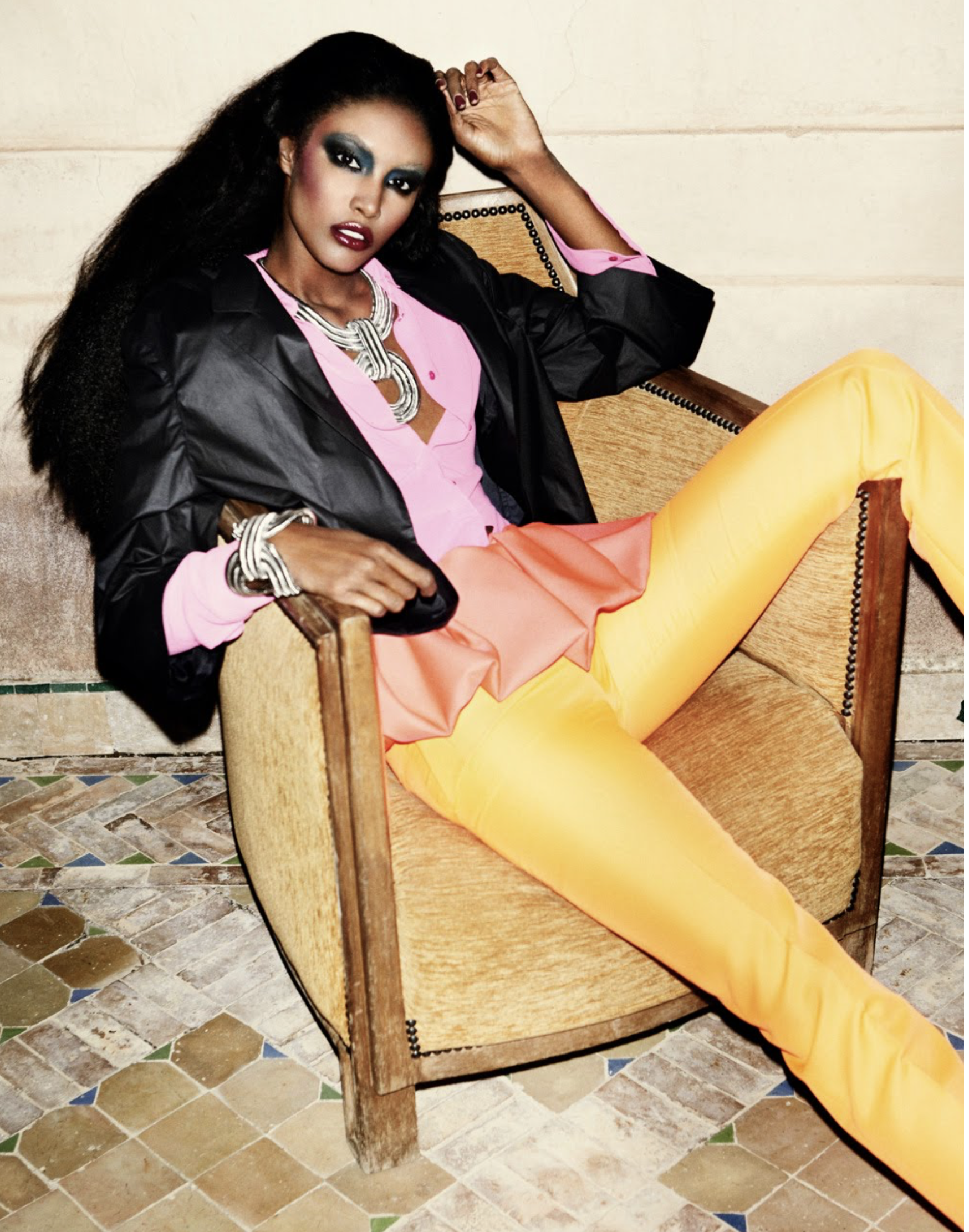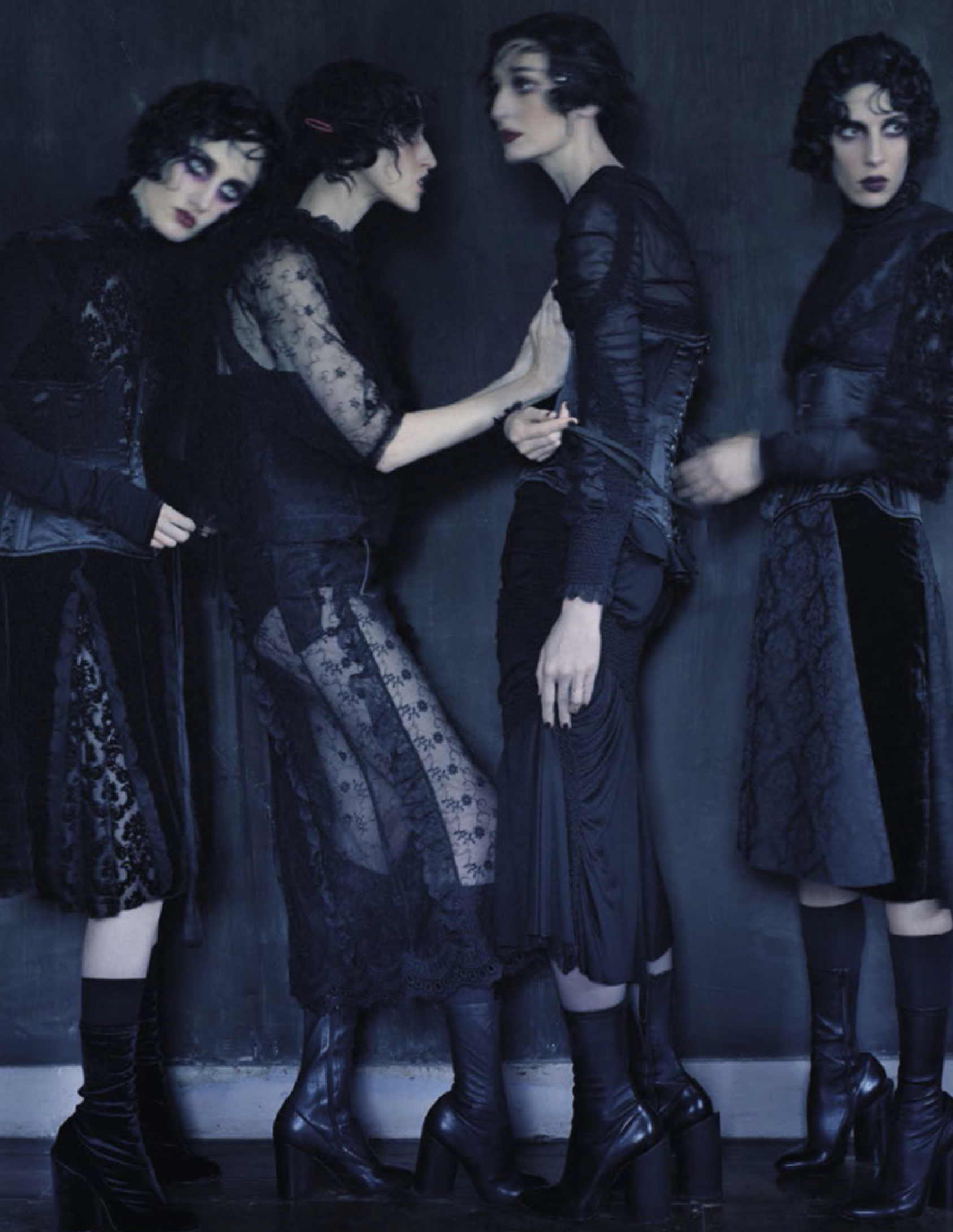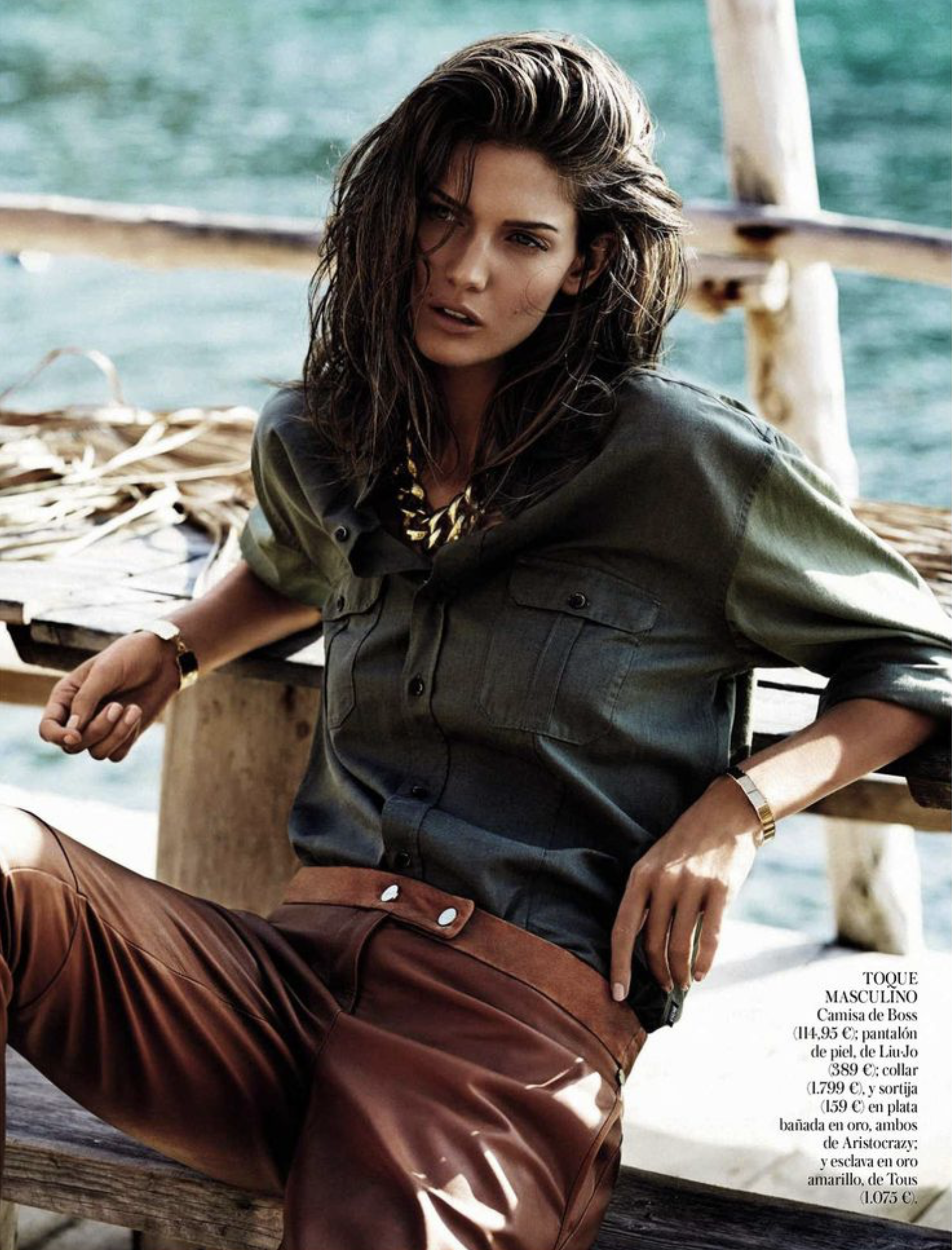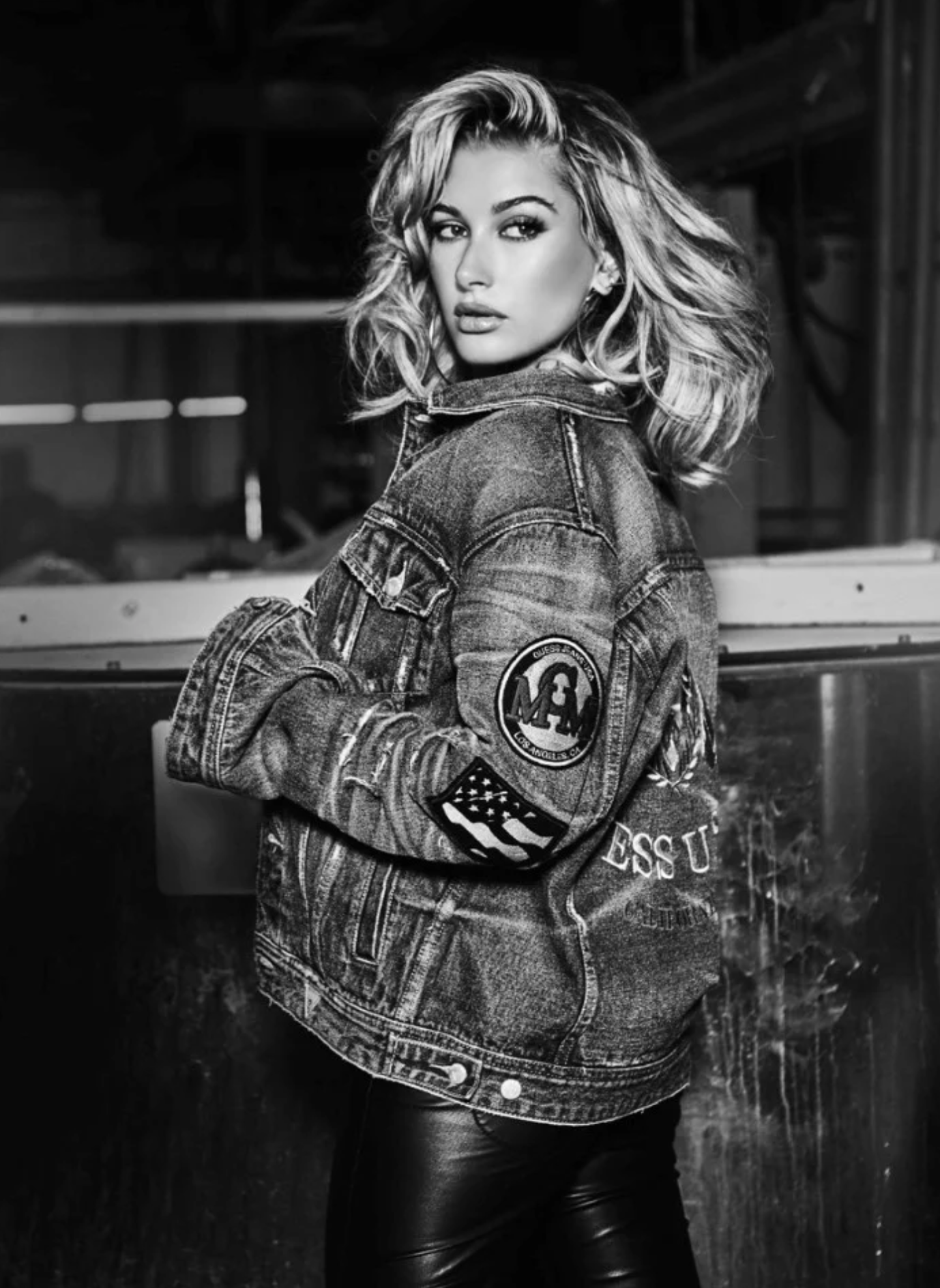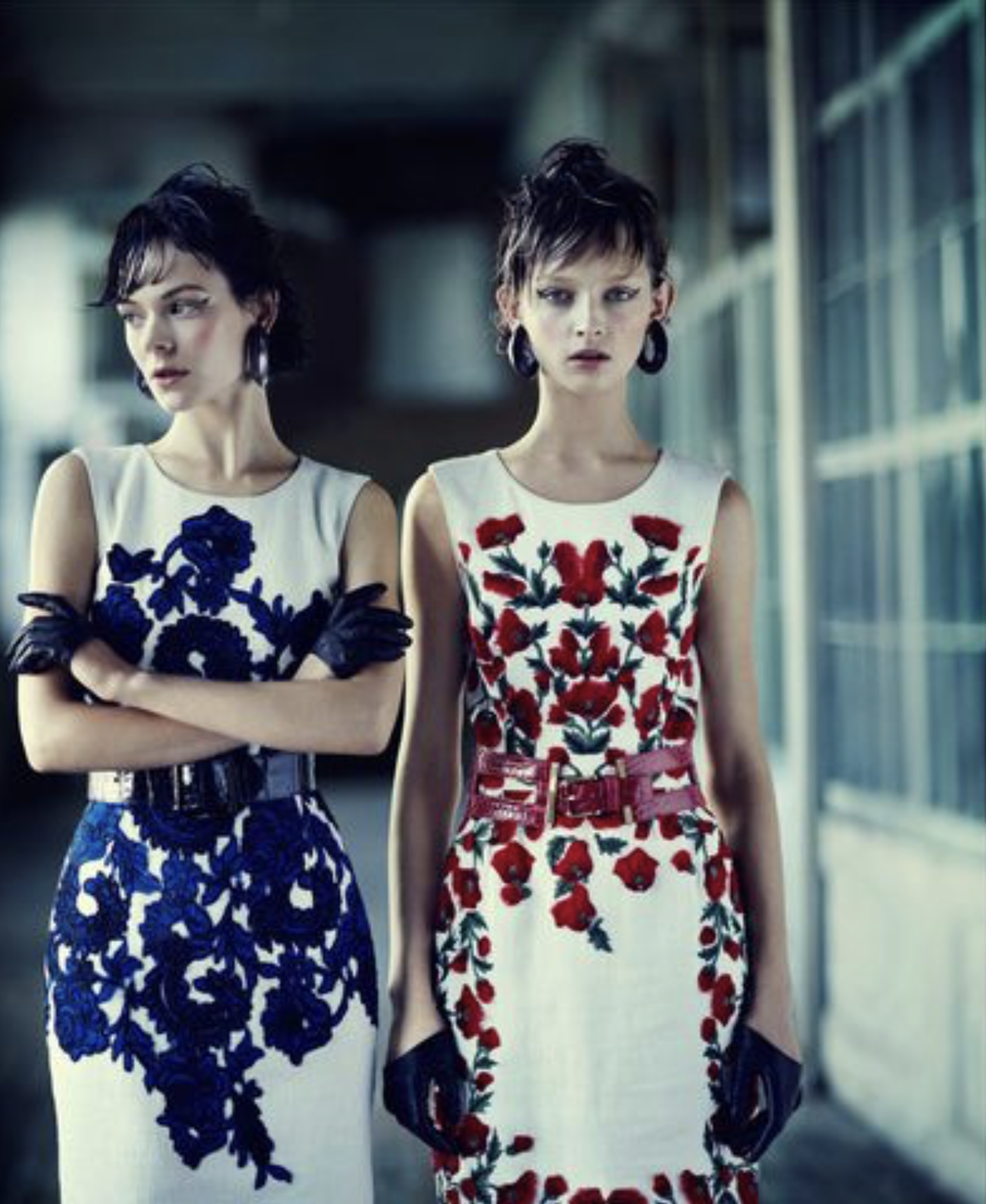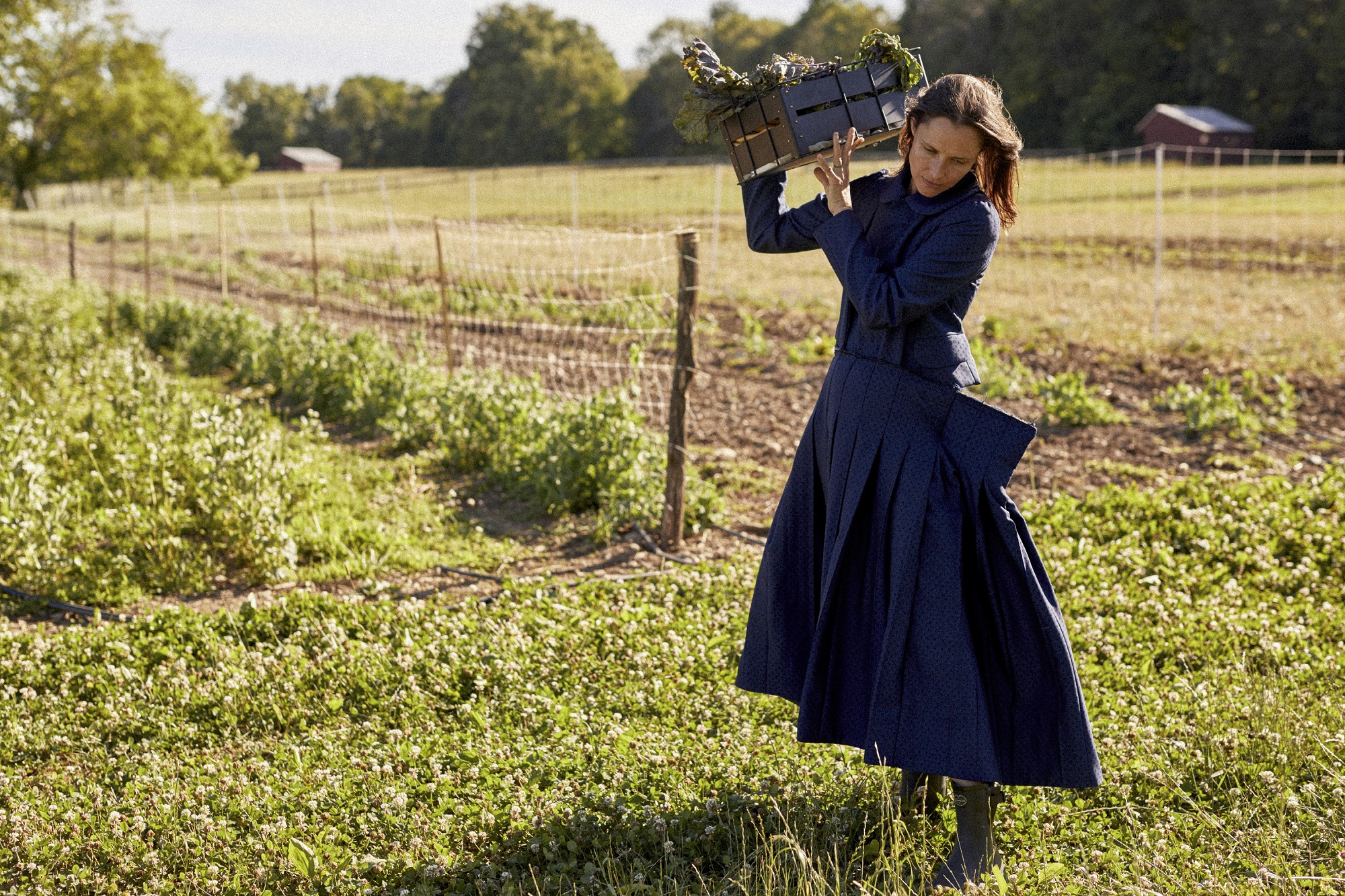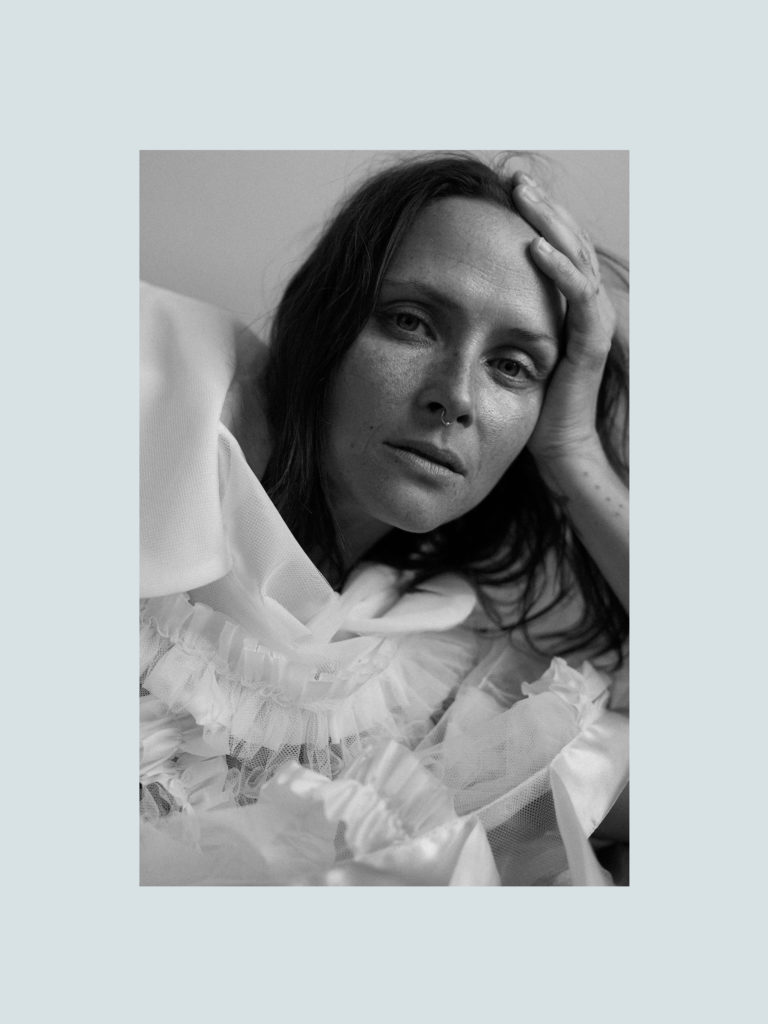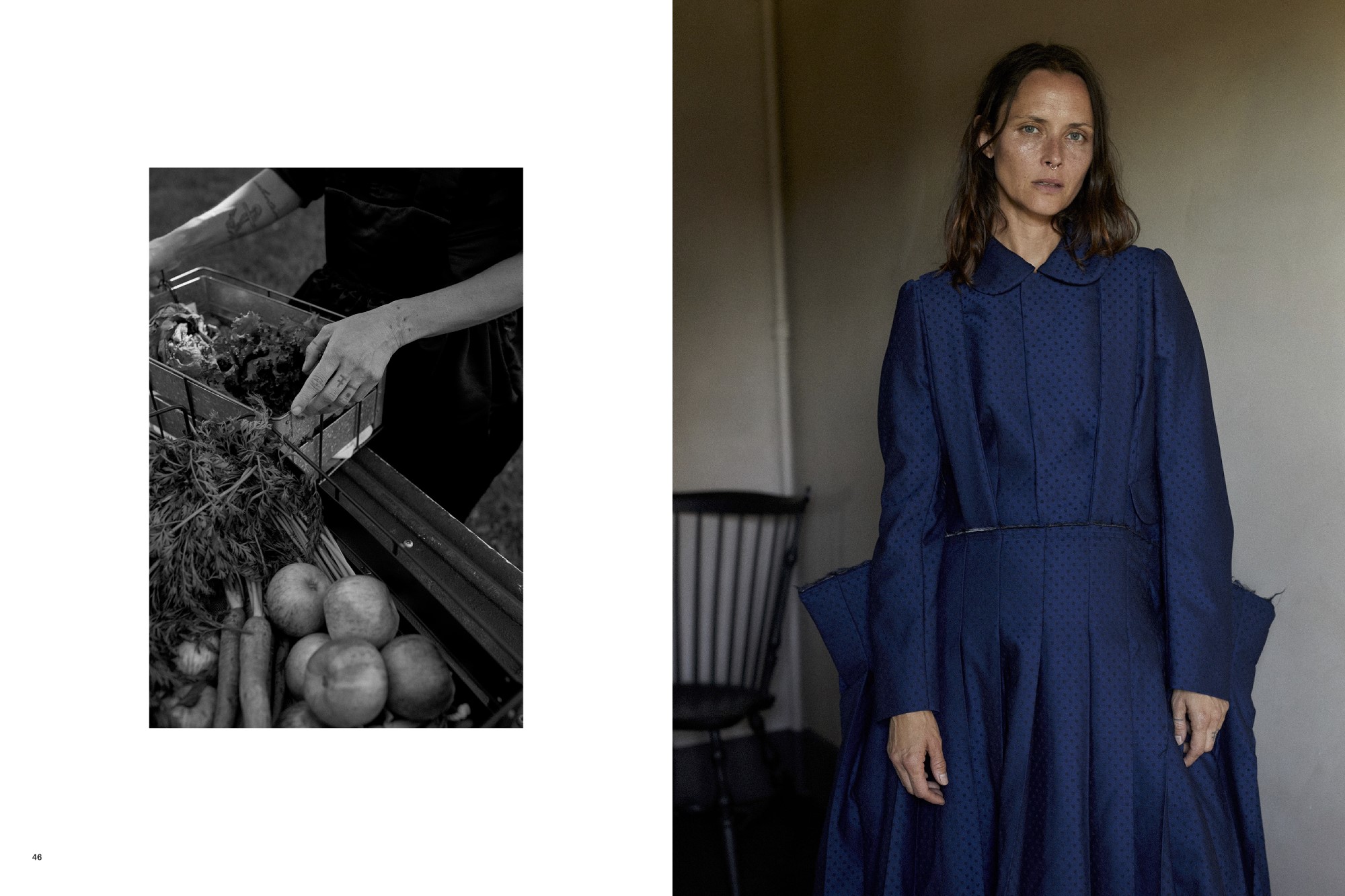Elizabeth Cabral Interviews Tasha Tilberg In 'Green Is A Primary Color' For 'Purpose and Perspective' 02
/Model icon Tasha Tilberg has long been one of Gaia’s daughters, seeking solace and refuge in mother nature and her innumerable, bountiful riches. Writing for a publication gem Purpose and Perspective, Elizabeth Cabral, the magazine’s founder, hoes a fertile interview garden with the model, not rushing nor pushing Tilberg into the Insta-girl she’s not. After all, Tilberg has been a humble landowner for years, AND Cabral “set out on a journey to find a new perspective and purpose to her work. What was initially supposed to be a passion project on the side, organically and beautifully became a fully engaging, inspiring and all consuming outlet. The name says it all, Purpose and Perspective. Elizabeth wanted to have critical conversations with passionate people about purposeful things. “ about
Photographer Shayne Laverdiere captures Tilberg at The Dutchess Inn in New York State’s Hudson Valley, with an accompanying separate interview narrative ‘The Altruistic Farmer’, a conversation with renowned farmer Zach Wolf of Blue Hill Stone Barns fame, and now The Duchess also. The Dutchess’ four acre vegetable and fruit gardens and biodynamic farm are operating as an integrated, biologically symbiotic organism in the land and the community, and the read is as relevant as Tilberg’s interview for ‘Green Is A Primary Color.
Note that Purpose and Perspective goes all out to create pure artistry in their online visual presentation, and the Archives are tantalizing: Dame Dr. Jane Goodall . . . Cyrill Gutsch’s Parley for the Oceans. AOC has found a soulmate at Purpose and Perspective.
Tilberg reflects on buying her first farm at age sixteen. “I was able to purchase a plot and it was such a wonderful feeling to own land.. It was better than having a house, it was so much more. I could really do something with it. I felt like it was just so special and so pure.” While most sixteen year olds buy cars as a conduit to freedom, for Tilberg, whose ‘day job’ had her persistently flying around the world, buying a farm seemed like a natural antidote for someone who spent more time in the clouds than feet planted on the ground.
Tilberg made the decision to press pause on her full-time modeling career a few years back, wanting to raise her twins with her wife. The family moved to remote Powel River, B.C. “I really wanted to be there as much as I could for my kids, especially when they were infants. I worked occasionally, but I really needed to be there with them and for them.”
The land around her was cultivated and nurtured by Tilberg. “I think being able to provide for your family, and for yourself, having the knowledge that you can improve something, nurture plants, nurture the surroundings and develop something over time. You could see immediate results, but you could also, over time, make something so much better. That in itself is so appealing.”
“I think being able to provide for your family, and for yourself, having the knowledge that you can improve something, nurture plants, nurture the surroundings and develop something over time. You could see immediate results, but you could also, over time, make something so much better. That in itself is so appealing.”
Cabral and Tilberg discuss the growing interest among others who are seeking their own connections to nature, manifesting itself in a resurgence of smaller community led farms and farm-to-table enterprises and experiences.
Their concerns spill into our climate crisis and the damage fashion, agro-business and humans’ insatiable modern-world desire for more stuff are doing to our planet and people.
While it’s idealistic to think that we could all just live off the land, Tilberg and her family do try to live as sustainably as possible. “For us anyways, growing as much as we can for ourselves and making choices like buying organic, going to the farmer’s market, being primarily vegetarian. We try to buy second-hand clothing and non-fast fashion. My entire community does basically zero waste, inc
Even as business strives to implement sustainable practices, there’s a core consideraton raised in the Tilberg-Cabral interview that business avoids discussing. That topic is wanting less, making the deliberate decision to consume less and creating different pleasures and life satisfactions.
Actually LVMH agrees that luxury consumers will be buying fewer items in the future, which is a key reason for the world’s biggest luxury company to buy Belmond Hotels. Still, there’s a fundamental business tension built into the idea of consumers wanting fewer tangible things. And I suppose one benefit of automation is that laying off a robot doesn’t have the same consequences as laying off a worker with three kids.
We pause now at the end of the Tilberg interview — AOC excerpted perhaps 20% of it — before launching into ‘The Altruistic Farmer’. It’s also a fine think piece for people embarking on a conscious journey into a permanent state of activism. Granted people may start slowly — in which Purpose and Perspective is a great place to pause, rejuvenate and claim new (ancient) principles. Read on.
